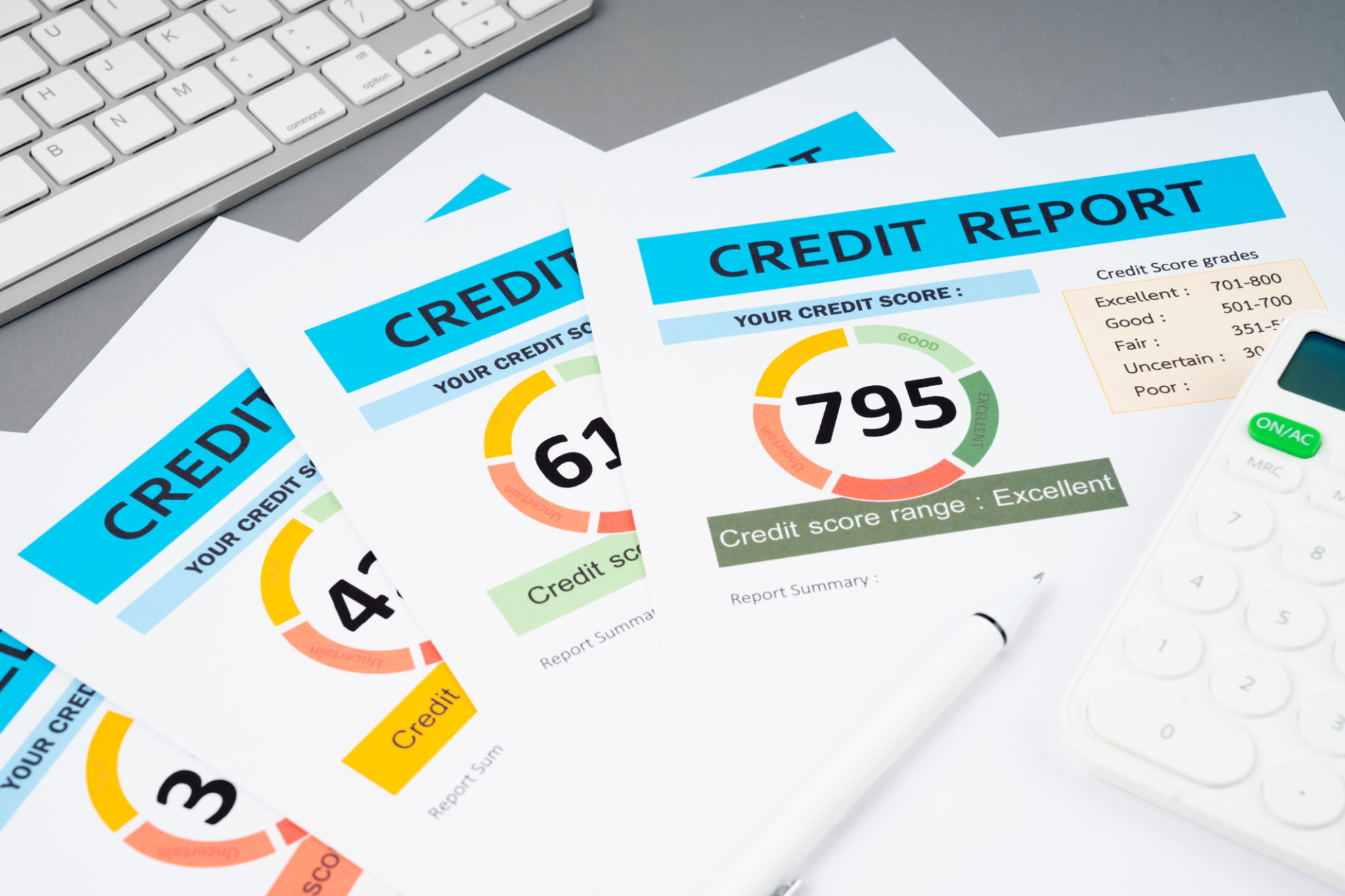DIY Credit Repair: Common Mistakes to Avoid and Tips for Success
Understanding DIY Credit Repair
Repairing your credit on your own can be a savvy move, especially if you're willing to put in the time and effort to understand the process. DIY credit repair involves addressing and correcting inaccuracies in your credit report, improving your creditworthiness, and ultimately boosting your credit score without the need for professional services.
While it can be empowering to take control of your financial standing, it's essential to approach credit repair with caution. Mistakes can be costly and counterproductive, leading to further damage to your credit. Understanding the common pitfalls and adopting effective strategies will help you navigate this journey successfully.

Common Mistakes in DIY Credit Repair
Ignoring Your Credit Report
One of the most frequent mistakes is failing to review your credit report regularly. It's crucial to obtain a copy of your report from each of the three major credit bureaus — Experian, Equifax, and TransUnion. Monitoring your report helps you identify errors or discrepancies that may be hurting your score.
Disputing Accurate Information
While it's important to dispute inaccuracies, attempting to remove accurate negative information can be detrimental. Credit bureaus are not obliged to remove correct data, and unnecessary disputes can delay the resolution process for other legitimate issues.

Overlooking Payment Histories
Your payment history is one of the most significant factors influencing your credit score. Neglecting to address late payments can significantly impact your creditworthiness. Make it a priority to pay all bills on time, and consider setting up automatic payments to avoid missing due dates.
Tips for Successful DIY Credit Repair
Prioritize Your Debts
When working on credit repair, prioritizing debt repayment is crucial. Focus on paying off high-interest debts first, as they cost you the most over time. This strategy not only helps in improving your credit score but also reduces financial stress.
- Create a detailed budget plan.
- Allocate extra funds towards high-interest debts.
- Consider debt consolidation if necessary.

Utilize Credit Wisely
Another essential tip is to manage your credit utilization ratio effectively. Aim to keep your credit card balances low relative to your credit limit. Ideally, you should maintain a utilization rate of below 30%. This demonstrates responsible credit use and positively affects your credit score.
Stay Informed and Patient
The journey to improving your credit score requires patience and perseverance. Stay informed about changes in credit reporting laws and practices. Regularly educate yourself on financial literacy topics to better manage your finances. Remember, credit repair is not an overnight process, but consistent efforts will eventually pay off.
By avoiding common mistakes and implementing these strategies, you can successfully navigate the DIY credit repair process and achieve a healthier financial future.
